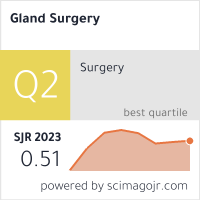THE IMPACT OF HEALTH EDUCATION PROVIDED BY PRIMARY CARE NURSES ON LIFESTYLE IMPROVEMENT IN PATIENTS WITH TYPE 2 DIABETES
Keywords:
Type 2 Diabetes Mellitus, Primary Care Nursing, Health Education, Lifestyle Modification, Dietary Habits, Physical Activity, Medication Adherence, Glycemic Control, Patient Empowerment, Chronic Disease ManagementAbstract
Type 2 diabetes mellitus (T2DM) is a widespread chronic condition that poses significant health challenges globally. Lifestyle factors such as unhealthy diet, physical inactivity, and poor medication adherence play a central role in its onset and progression. Primary care nurses are uniquely positioned to provide ongoing education and support, equipping patients with the knowledge and tools needed to manage their condition effectively. This study investigates the impact of structured health education delivered by primary care nurses on lifestyle improvement among patients with T2DM. A cross-sectional study was conducted on patients who participated in regular educational sessions provided by nurses at primary healthcare centers.. The findings revealed substantial lifestyle improvements following the educational interventions. A significant proportion of patients adopted healthier eating practices, increased their physical activity, and demonstrated better compliance with prescribed treatments. Additionally, notable improvements were observed in glycemic control, with many participants reporting enhanced understanding and self-management of their condition. These results underscore the critical role of primary care nurses in chronic disease management. Through effective health education, nurses can facilitate meaningful lifestyle changes that lead to better health outcomes and reduced risk of diabetes-related complications.





